Stephane Zuckerman
Programming Autonomous Machines
Sep 06, 2022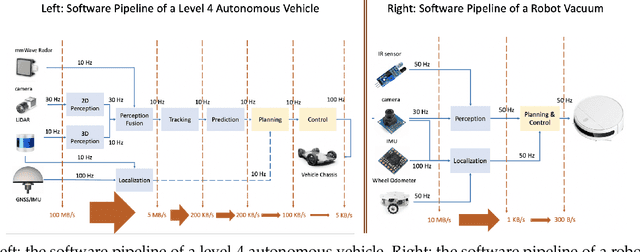
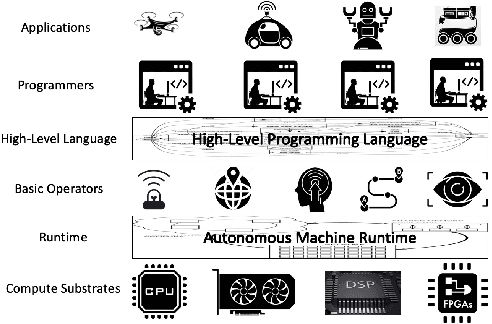
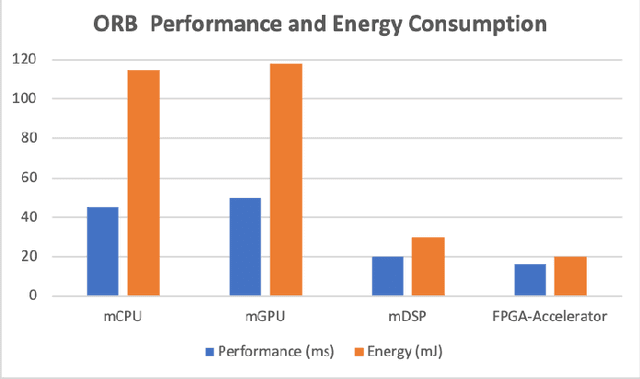
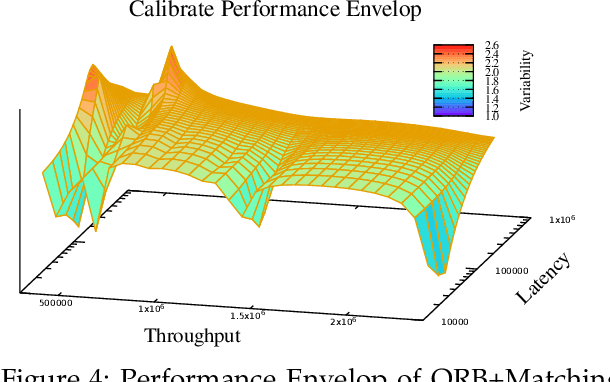
Abstract:One key technical challenge in the age of autonomous machines is the programming of autonomous machines, which demands the synergy across multiple domains, including fundamental computer science, computer architecture, and robotics, and requires expertise from both academia and industry. This paper discusses the programming theory and practices tied to producing real-life autonomous machines, and covers aspects from high-level concepts down to low-level code generation in the context of specific functional requirements, performance expectation, and implementation constraints of autonomous machines.
Teaching Autonomous Driving Using a Modular and Integrated Approach
Feb 27, 2018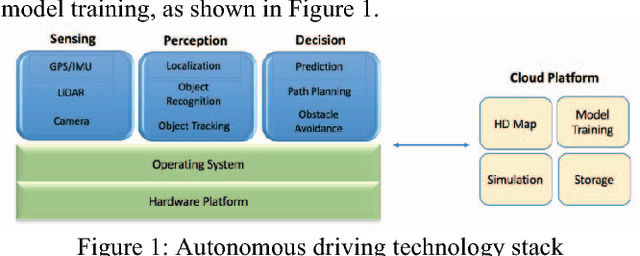
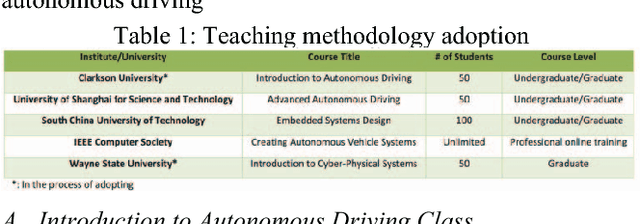
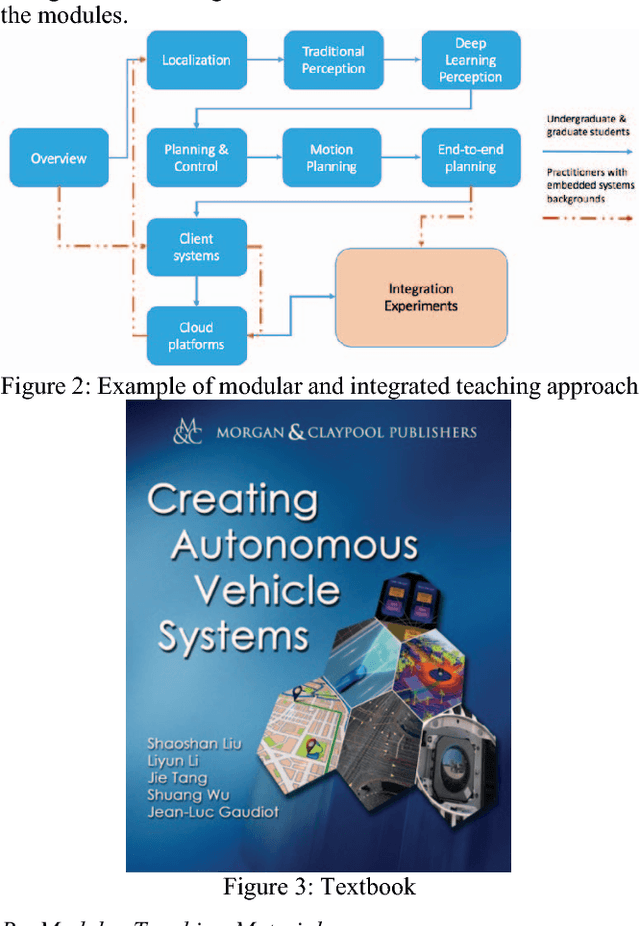
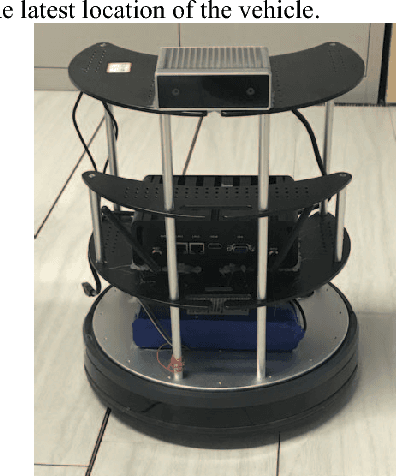
Abstract:Autonomous driving is not one single technology but rather a complex system integrating many technologies, which means that teaching autonomous driving is a challenging task. Indeed, most existing autonomous driving classes focus on one of the technologies involved. This not only fails to provide a comprehensive coverage, but also sets a high entry barrier for students with different technology backgrounds. In this paper, we present a modular, integrated approach to teaching autonomous driving. Specifically, we organize the technologies used in autonomous driving into modules. This is described in the textbook we have developed as well as a series of multimedia online lectures designed to provide technical overview for each module. Then, once the students have understood these modules, the experimental platforms for integration we have developed allow the students to fully understand how the modules interact with each other. To verify this teaching approach, we present three case studies: an introductory class on autonomous driving for students with only a basic technology background; a new session in an existing embedded systems class to demonstrate how embedded system technologies can be applied to autonomous driving; and an industry professional training session to quickly bring up experienced engineers to work in autonomous driving. The results show that students can maintain a high interest level and make great progress by starting with familiar concepts before moving onto other modules.
 Add to Chrome
Add to Chrome Add to Firefox
Add to Firefox Add to Edge
Add to Edge